Vancouver is a city where such luxuries as a mild climate and beautiful scenery are cheap, but necessities, like a place to hang your hat, can be out-of-sight expensive and out of reach for many.
All of British Columbia’s Lower Mainland has had an affordable housing crisis for years.
The situation can be described simply and without a lot of numbers: More people, fewer new homes, higher prices.
“Many families here are living in what is called ‘housing distress,’ or ‘precarious housing,’” said Patrick Condon, a professor in the University of British Columbia’s School of Architecture and Landscape Architecture. “In other words, there’s a big gap between the money they have and the housing they need.”
There are complex and interconnected demand and supply reasons for the housing fix Vancouver finds itself in.
Jon Stovell, president of Reliance Properties Ltd., said the federal government wants more immigration, but the housing policies of Vancouver — and Toronto and Montreal — have been running behind housing demand.
“Vancouver is an ultra-desirable place to live and it attracts wealthy people from all over the world, which places upward pressure on housing prices,” he said.
That’s the demand side. On the supply side of the housing equation, Vancouver has a highly constrained land situation, Stovell said.
“Because of the rivers, the ocean, the mountains, the U.S. border and the Agricultural Land Reserve, there isn’t much land available for new housing,” he said. “On top of that, much of the land area is dedicated to low-density housing.”
Condon said the inadequate supply explanation doesn’t actually apply to Vancouver or to other globally attractive cities, such as Seattle, San Francisco, New York or Toronto.
“The problem is that we’re living in a period of asset inflation, when real estate, stocks, bonds and other forms of assets are over-priced,” said Condon. “There’s a huge global appetite for assets, driven in part by low interest rates, which makes them relatively inexpensive.”
Condon said it isn’t clear when — or if — the asset bubble is going to burst.
“It’s been predicted for years, but it hasn’t happened yet,” he said. “We might be living in a new historical period in which the old economic rules of supply and demand don’t always apply to housing.”
Can new and innovative thinking turn the situation around?
Condon said there are some practical steps that can be taken to mitigate the problem.
“Local municipalities can apply zoning and development controls and fees to discourage land speculation in those parts of the city, such as the Broadway Corridor, that are likely targets of speculators,” he said. “The city can take the proceeds and allocate them to non-market housing, as was done at one time at False Creek.”
Condon said it’s time for Vancouver to revive its development tax strategy. “Development taxes put downward pressure on the price of the land underneath the project,” he said. “Municipalities have more power at their disposal than they have actually used up to this point. They should make use of it.”
Stovell said population density in all of Vancouver’s neighbourhoods should be increased, but it needs to be done gradually and in proportion.
“The federal government, which is in charge of immigration, should tell provincial and municipal governments that ‘X’ number of immigrants will be coming their way and that they need to figure out a way to house them all,” he said.
Vancouver architect and developer Michael Geller said the approval process for new projects needs to be simplified.
“There’s an insufficient supply of land that’s zoned for affordable housing in Vancouver,” said Geller. “Too much is zoned for single-family housing and some of it needs to be rezoned to allow multiple-family housing. But right now that can add years to the approval process.”
Until recently many Vancouverites, particularly those living in single-detached houses in old neighbourhoods, were opposed to land being rezoned for multiple-family housing, especially if the buildings were tall and judged to be not in keeping with the neighbourhood’s character.
“Fortunately, the not-in-my-backyard attitude in Vancouver is slowly changing,” said Geller. “The city recently approved new rental housing on Granville Street in Shaughnessy (where the average house price is the highest in Vancouver). That wouldn’t have happened 10 or 20 years ago.”


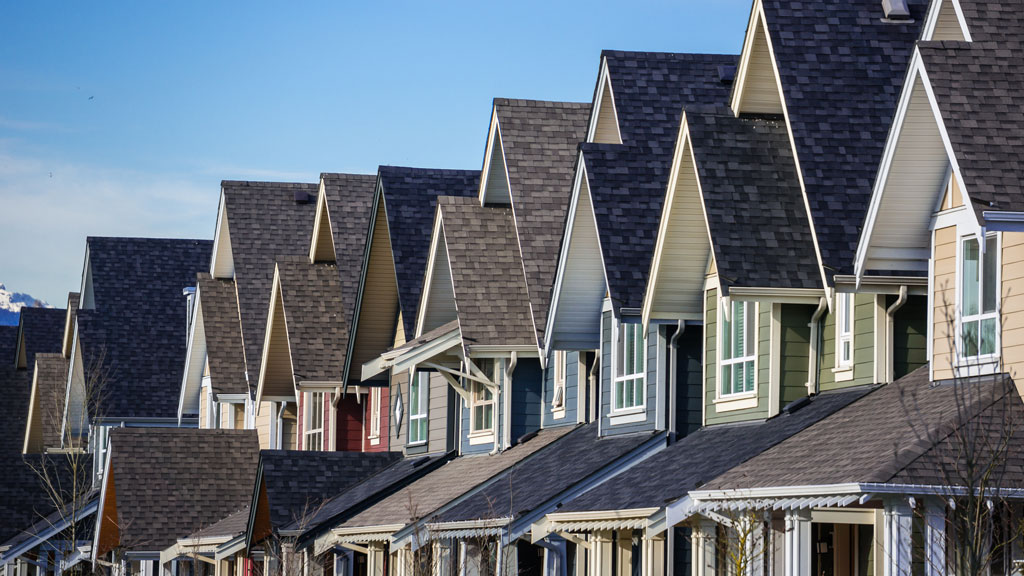

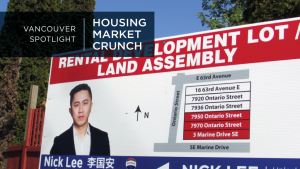

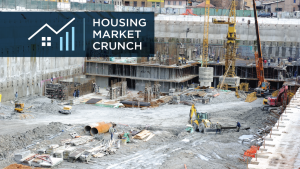
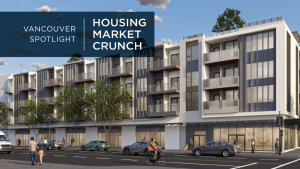
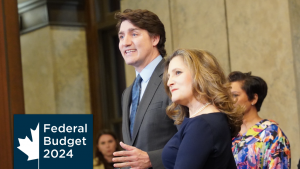

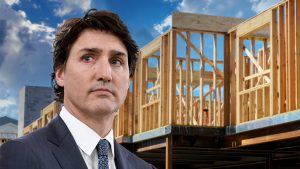
Recent Comments
comments for this post are closed